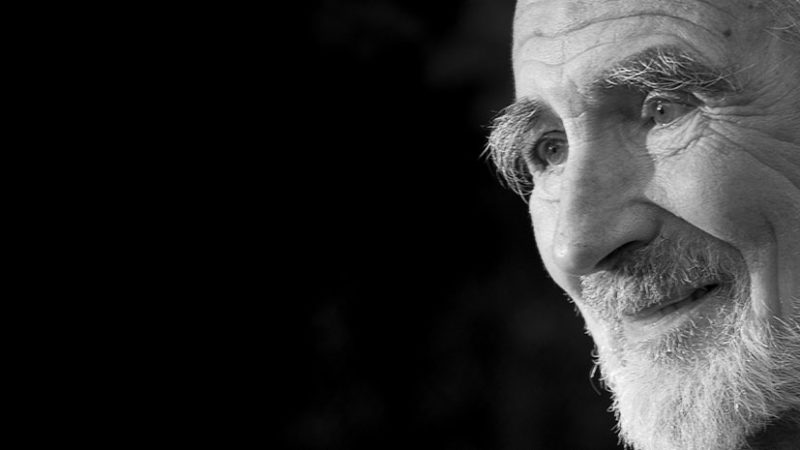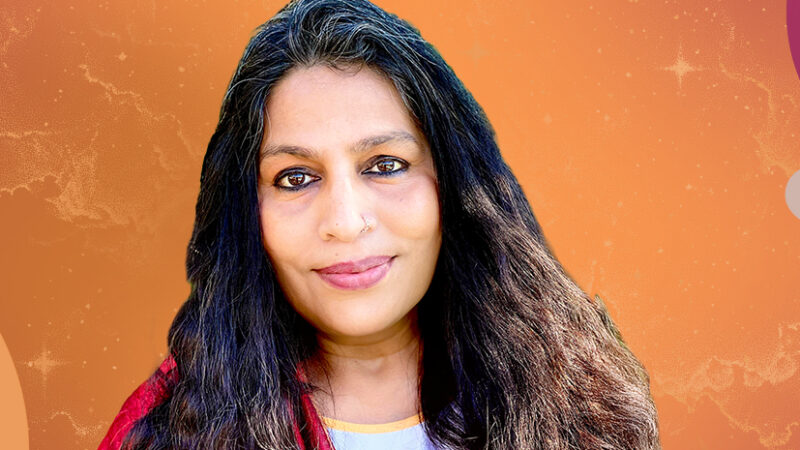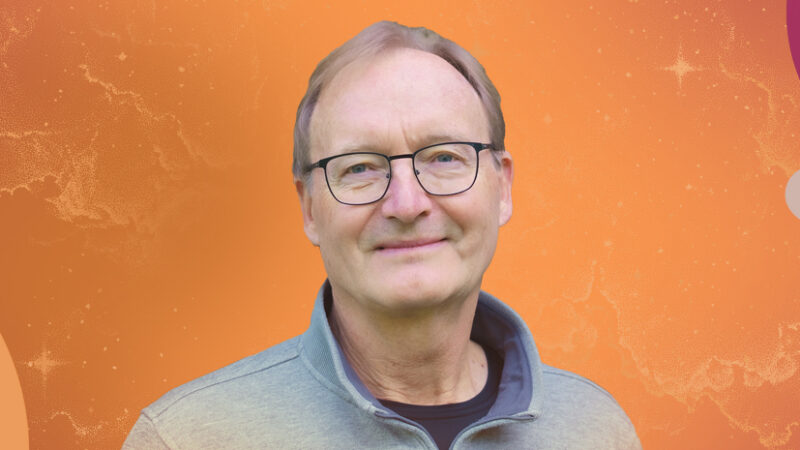
Mietzi, 1980s, New York City
For millennia, humans have speculated why some of us are born into riches, others into rags. If
we can’t answer this question for humans, how shall we answer it for cats? Bad karma, you
say? If so, Mietzi must have misbehaved quite badly in a previous incarnation to be born in a
flooded basement this time around. No one knows. What we do know, however, is that the most
disadvantaged pull most strongly on our heartstrings, and so someone rescued Mietzi and her
siblings from their sunless island of soggy rags. No one ever mentioned the mother cat, and I
don’t know what happened to the other kittens of that litter. All I know is that little Lisa
persuaded her reluctant grandmother, and so Mietzi became my mother’s cat.
After that deluged basement, even a tenth-floor New York apartment that was never designed
for pets must have appeared like paradise to the poor kitten. Or so we were hoping. Lisa
delivered Mietzi in a soft-cushioned basket, and the cat was still sitting in that basket when, after
an elaborate farewell from the cat, Lisa kissed her grandmother goodbye at the door. The door
closed, Mother turned around, and the basket was empty.
That the cat was gone was bad enough, but her pitiful meow was not gone. It kept haunting the
apartment for the next hour, while Mother, eventually with the help of her neighbors on both
sides, searched every corner so methodically that Scotland Yard would have been proud of that
job. The voice, unaccountably, always seemed to come from nowhere; yet it persisted.
When the ladies finally dismantled the Sony radio and hi-fi record player my mother won at a
raffle, Mietzi emerged from the only place where she could have gotten as covered with dust as
she did: one of the loudspeaker boxes. A bad start, especially since Mother felt that the kitten
needed a bath. (There must have been lots of water signs in Mietzi’s natal chart.)
No cat could have been more loved, more talked about in telephone conversations with children
and grandchildren, more lovingly reported on at length in every letter.
Mietzi wasn’t young anymore when Mother was diagnosed with leukemia. Mother was still at
home, and I was with her during the decisive days when the doctor was testing whether or not
medication could help her. I was sitting by Mother’s bed then, when Mietzi seemed to get ready
for an acrobatic stunt. Balancing on the back of the rocking chair, she was clearly considering
jumping from there onto a high chest of drawers.
Never before had she tried this. Ears laid back, Mietzi was measuring the distance. “Is she
going to make it?” I asked—and the moment the words were out, I realized that this was the
question my brothers and I were anxiously asking about Mother at that time. “Let’s see,” Mother
replied. Nothing else was said—neither then nor later—but both of us knew what was at stake.
There was no tinge of superstition about this. Everything hangs together with everything; we
know that. In principle then, we may look at one event and find in it a clue for quite a different
one, unconnected though they may appear to be. Some try this with tea leaves or planets;
others think that, in practice, this is too complex an art. There are moments, however, when an
omen lights up with such clarity that it would be difficult to deny its foreboding. Not wanting this
to be true, Mother and I knew, nevertheless, what was going on here.
Mietzi steadied herself on the back of the rocking chair, crouched, jumped, and missed. Have
you ever noticed the embarrassment of a cat when something like this happens? We tried to
console Mietzi, Mother and I, but we couldn’t quite console ourselves that evening.
The verdict was in. What was not decided was how we would handle it, and that is what really
matters.
Mother handled it with grace. Two days later, she was in the hospital again, never to return
home to Mietzi. Her mind was clear to the last, as she took care of unfinished business calmly
and efficiently. She knew in which folder important papers were kept, in which dresser; she
handed my brother the keys with a smile. Only once did she break down and cry: when Mietzi’s
future was to be decided. But a solution was found: since Mother’s apartment was at the same
time the office for her charitable work, which my brother would continue, Mietzi could stay where
she was. The “super” of the building, who was fond of Mietzi anyway, would look after her when
my brother wasn’t there.
Mother was at peace.
I sat next to her bed holding her hand, and she said, “This is how I’d like to die. You ought to sit
there holding my hand and I’d just fall asleep.”
“Well,” I said, “I’d like that, too, but we can’t plan it with such precision.” Not many hours later, I
was sitting in that very spot holding Mother’s hand when she went to sleep for good. So
peacefully did she breathe her last that there was no telling exactly when she passed from time
into the great Now.
Mietzi outlived her by a year or two, mercifully among her accustomed surroundings: the potted
plants on which she nibbled once in a while, the old rugs of which she knew every square inch
by their smell, and my mother’s empty armchair on which she curled up when she got lonely.
This is an excerpt from a story written by Brother David Steindl-Rast and featured in The Karma
of Cats: Spiritual Wisdom from Our Feline Friends, a compilation of original stories by Kelly
McGonigal, Alice Walker, Andrew Harvey, and many more!

Brother David Steindl-Rast was born in Vienna, Austria, and holds a PhD from the
Psychological Institute at the University of Vienna. After 12 years of training in the 1,500-year-
old Benedictine monastic tradition, Brother David received permission to practice Zen with
Buddhist masters. An international lecturer and author, Brother David is a leader in the monastic
renewal movement as well as the dialogue between Eastern and Western religions. His most
recent book is i am through you so i. He is the founder of A Network for Grateful Living. Learn
more at gratefulness.org.
Read The Karma of Cats today!














